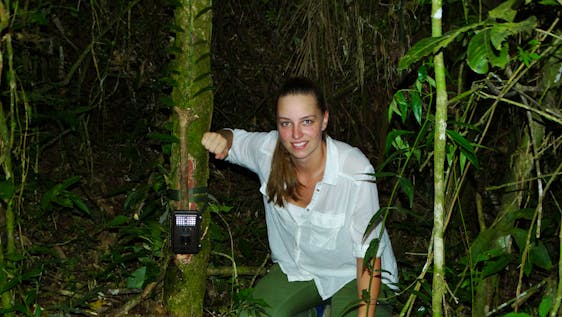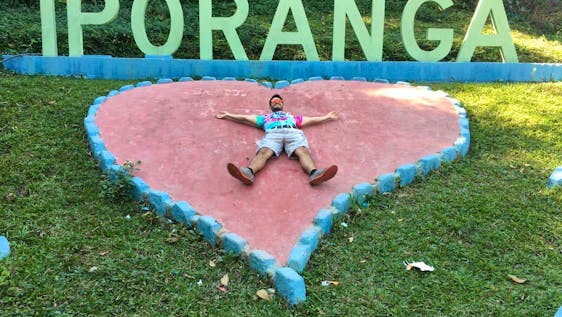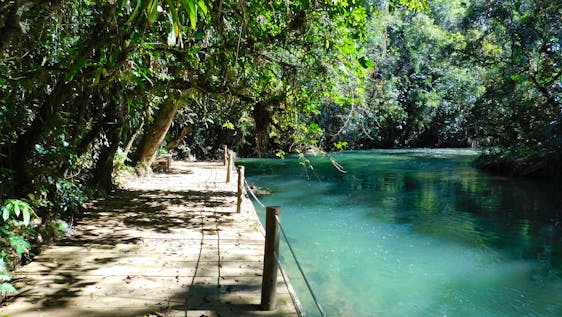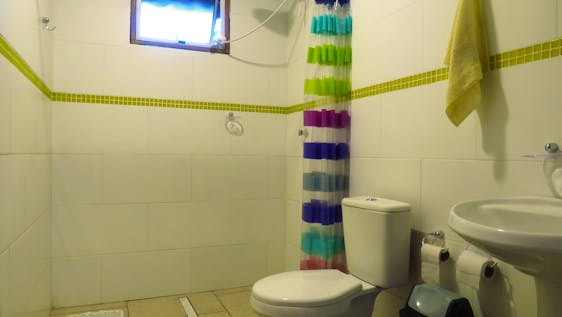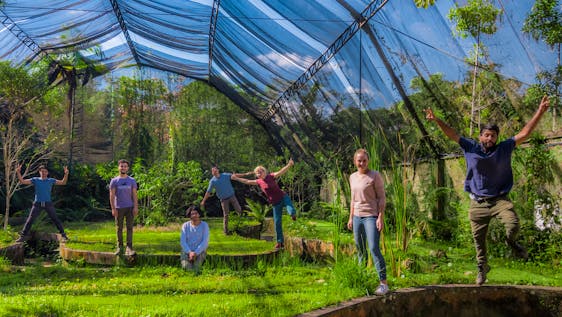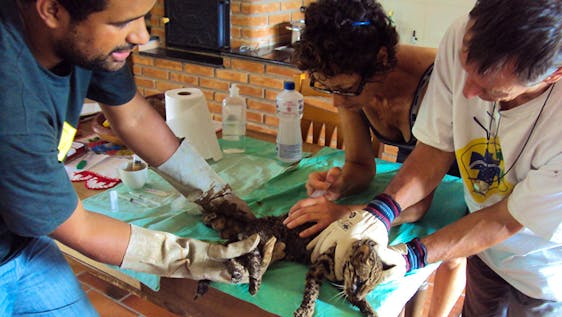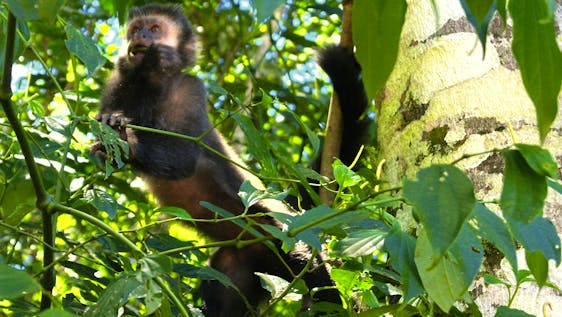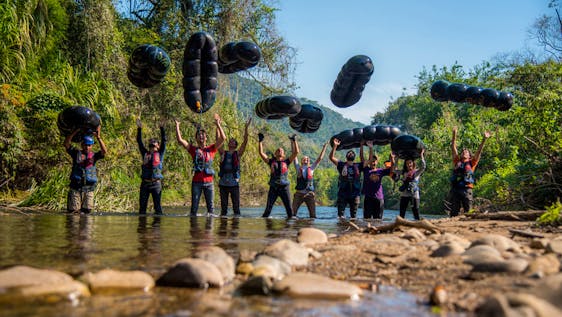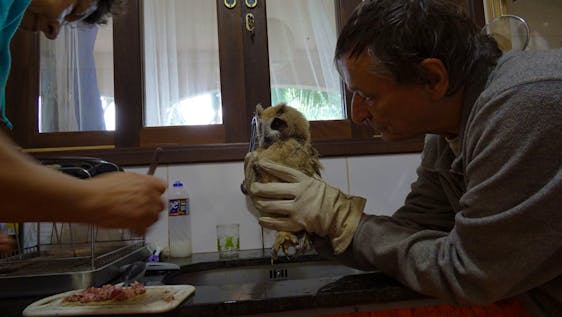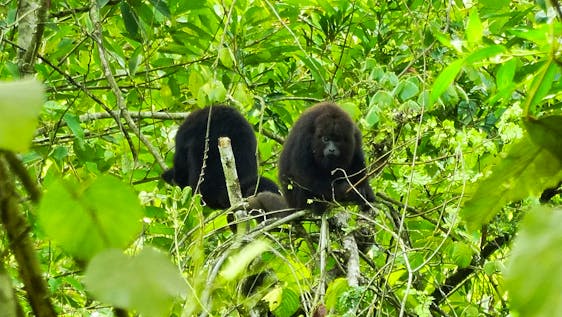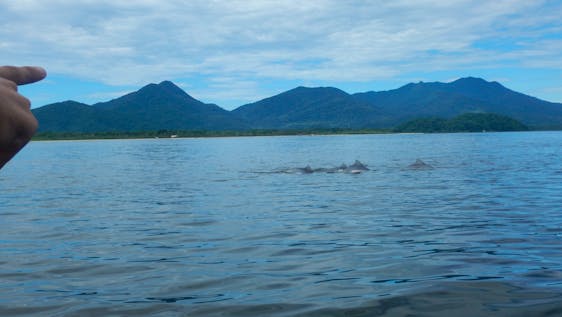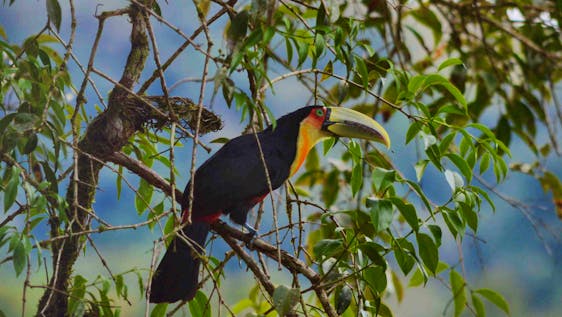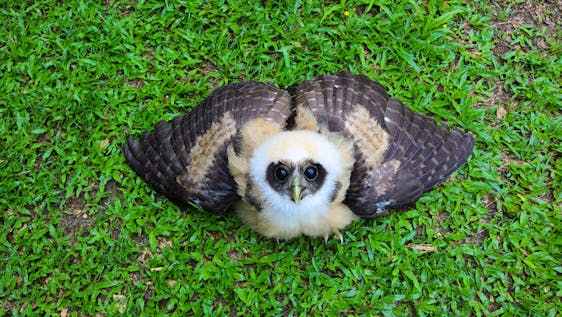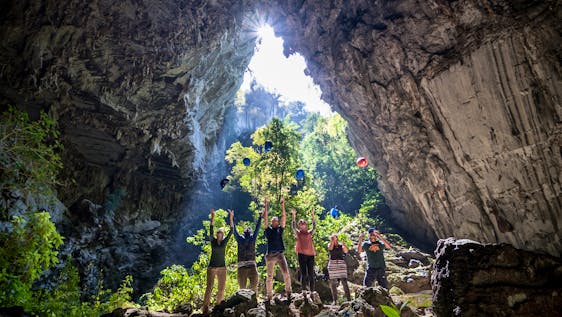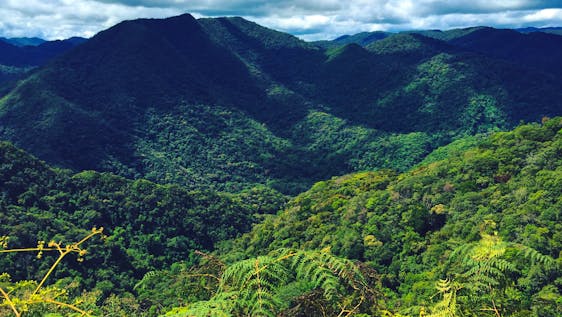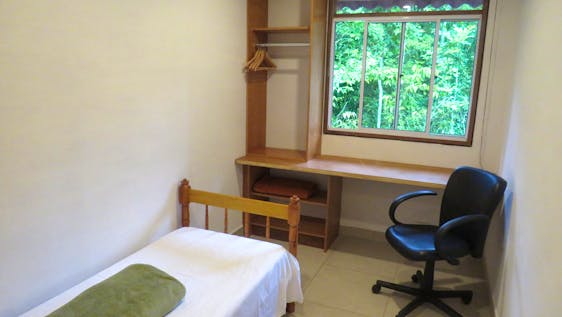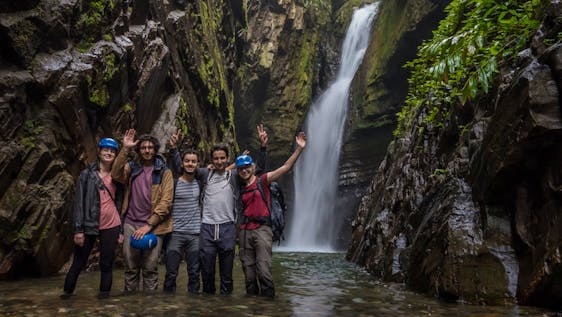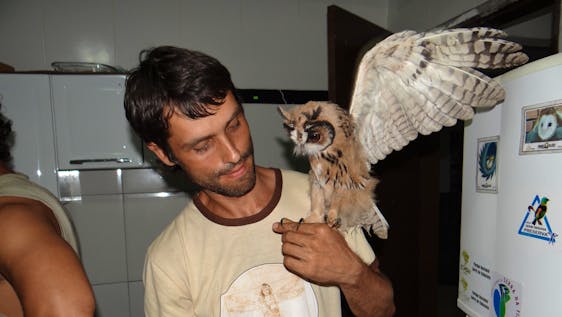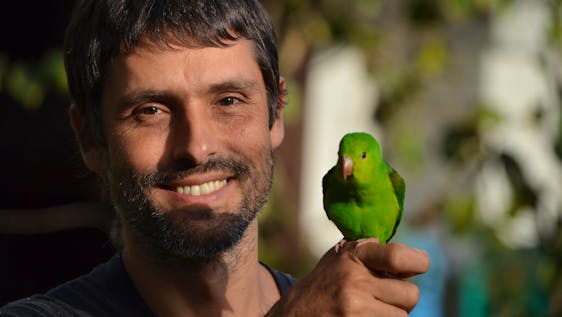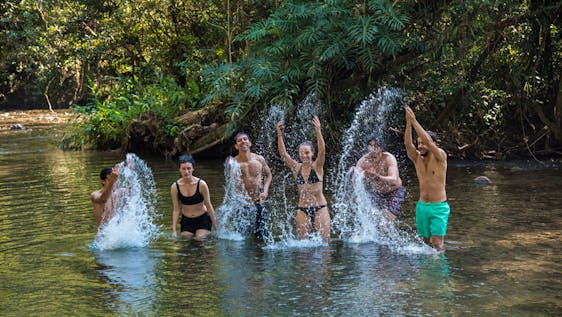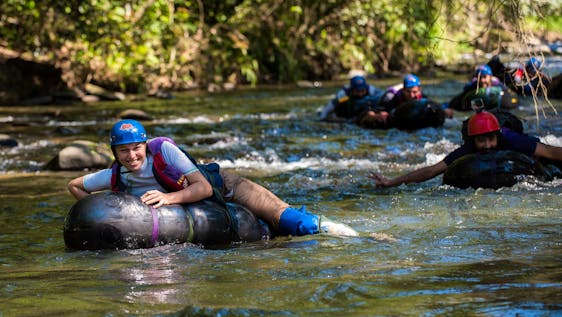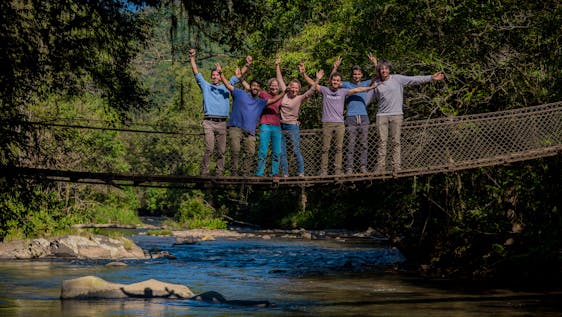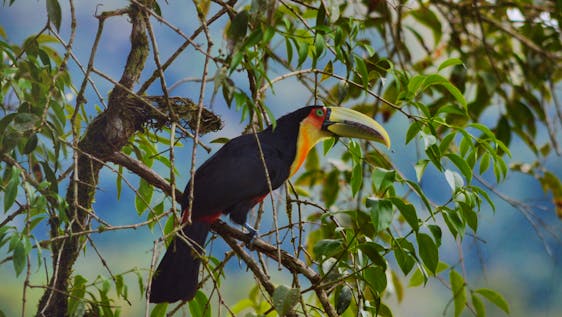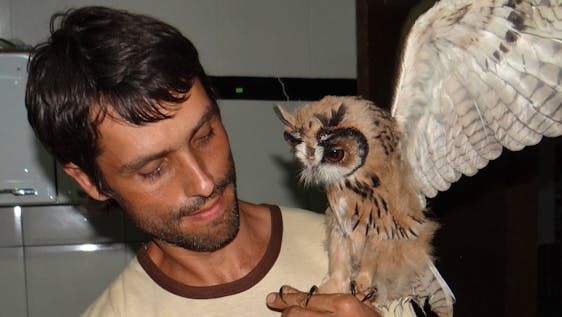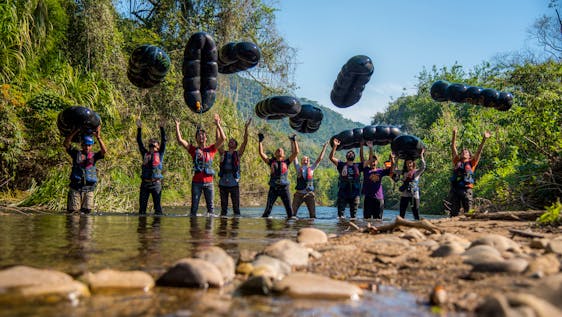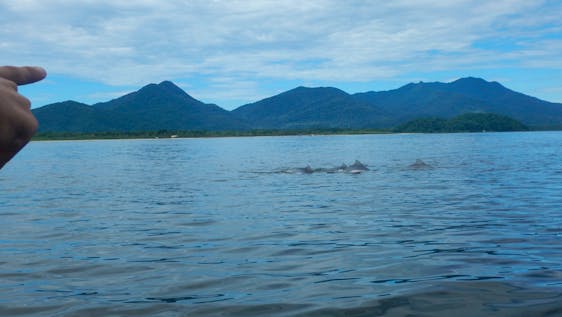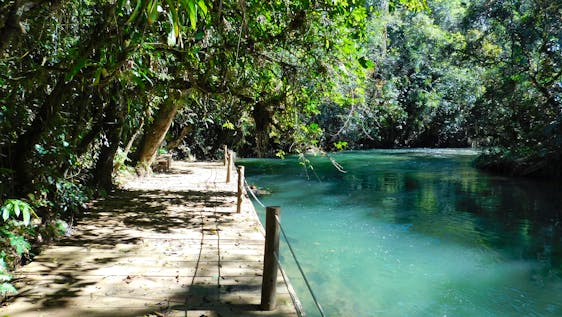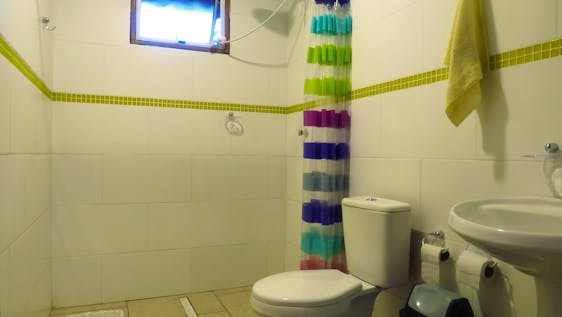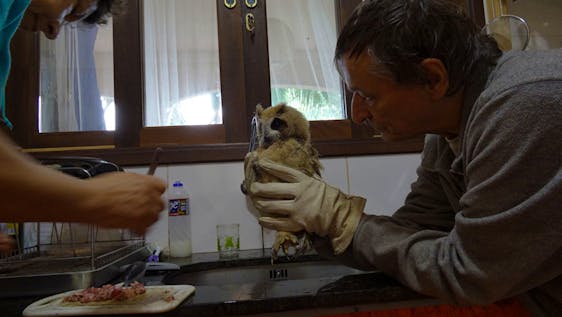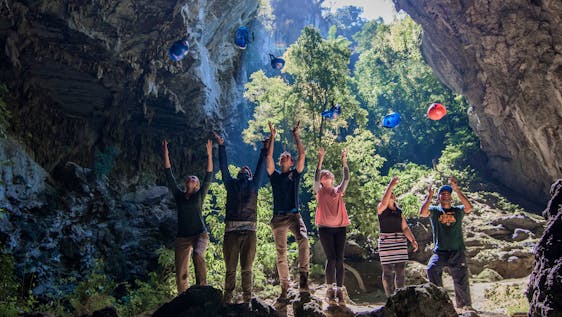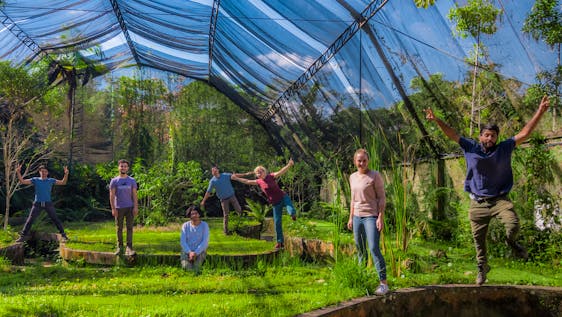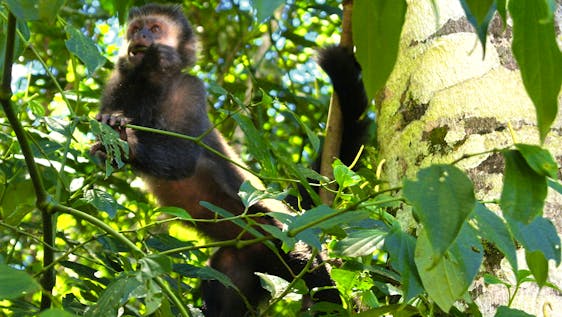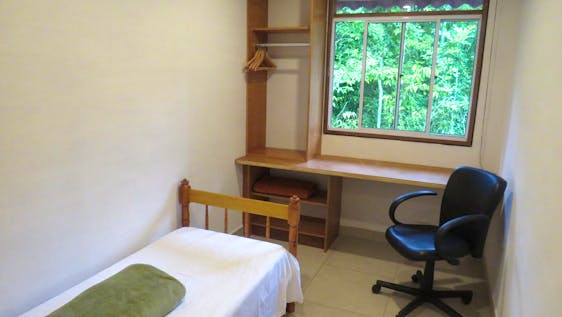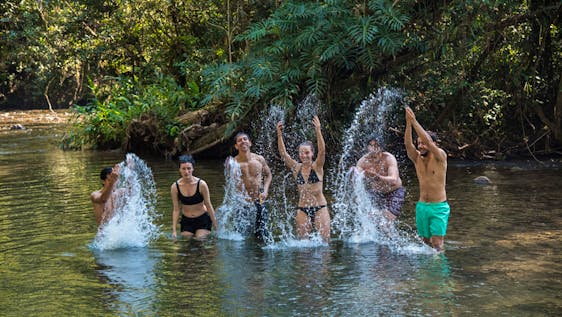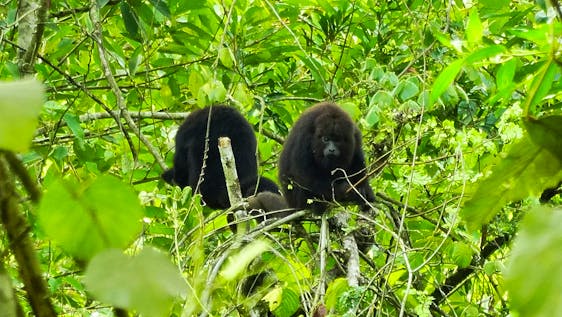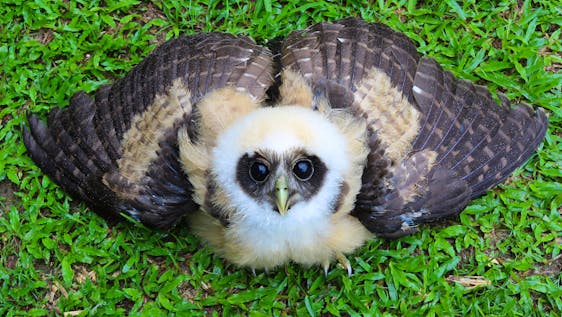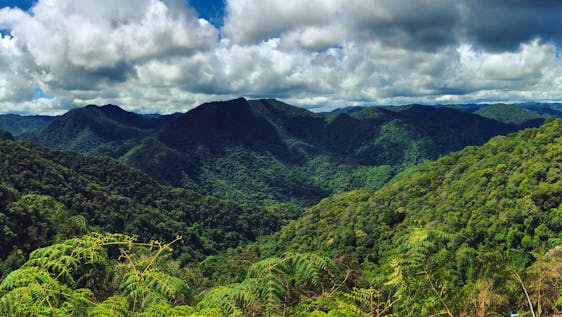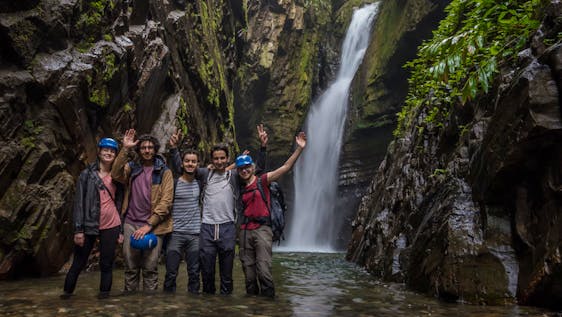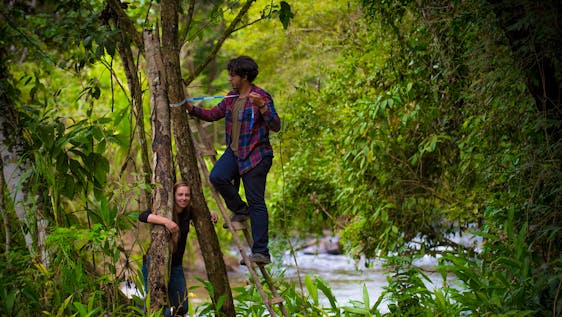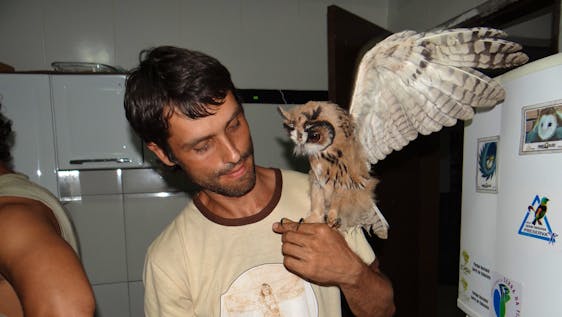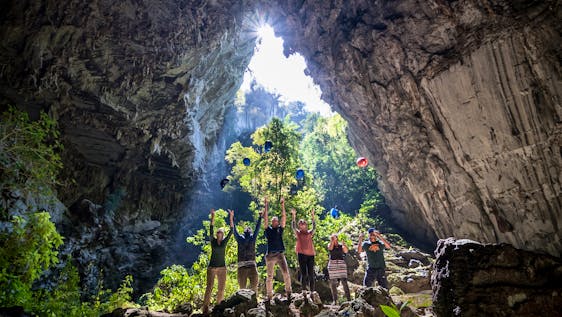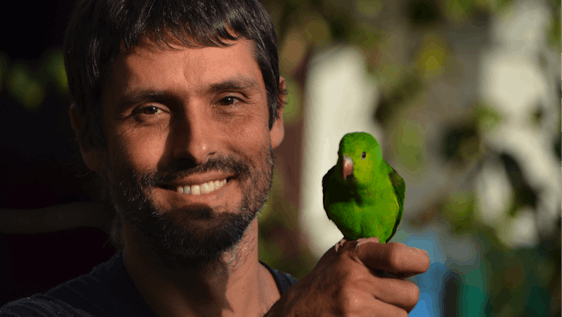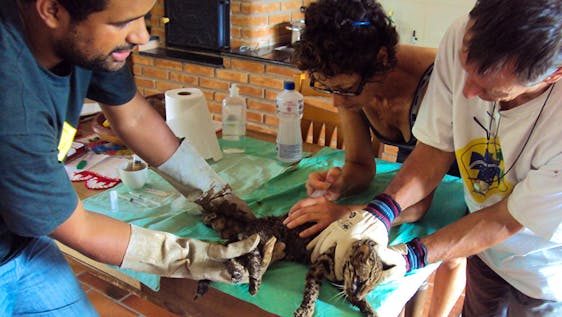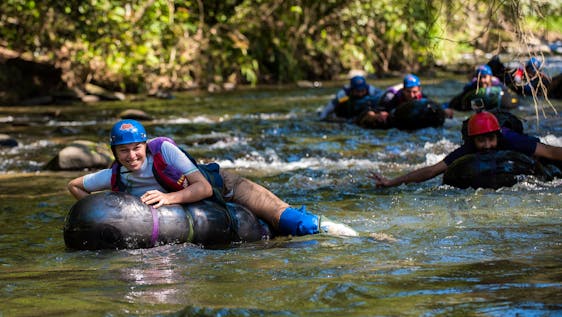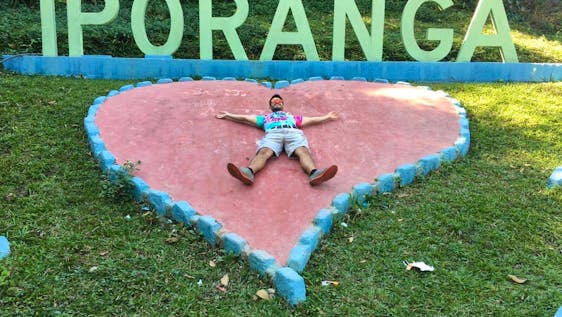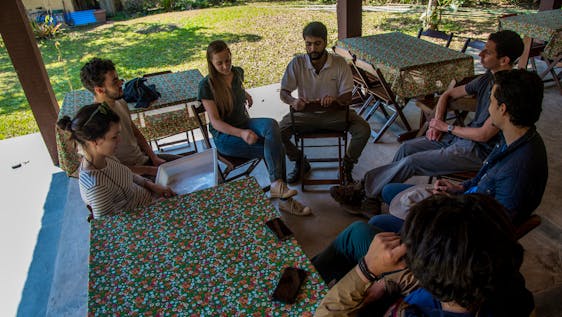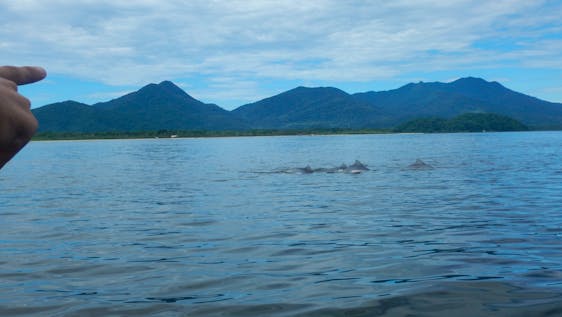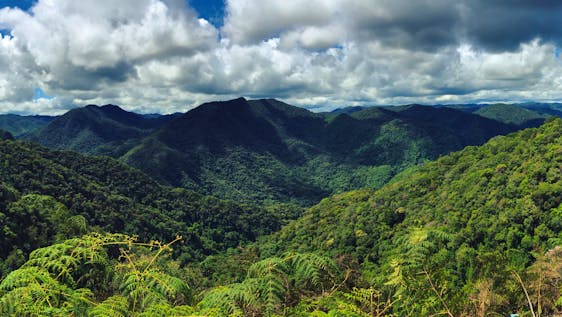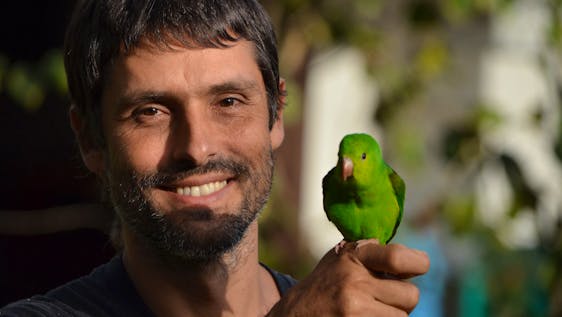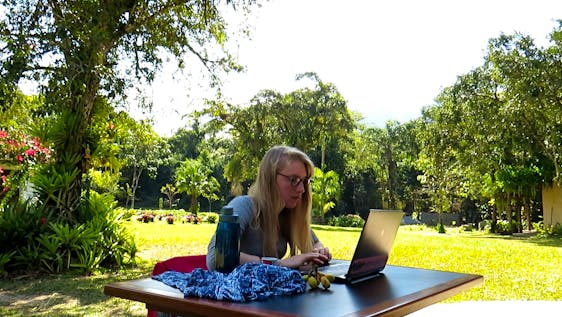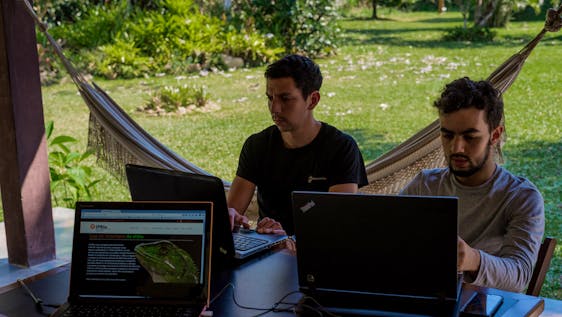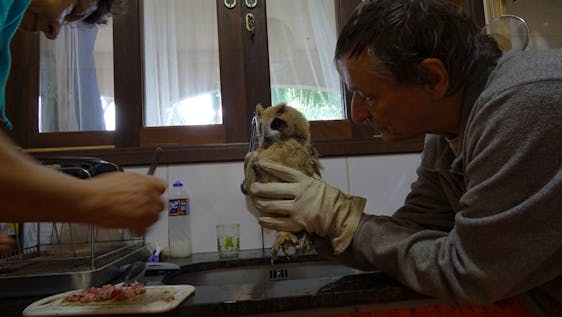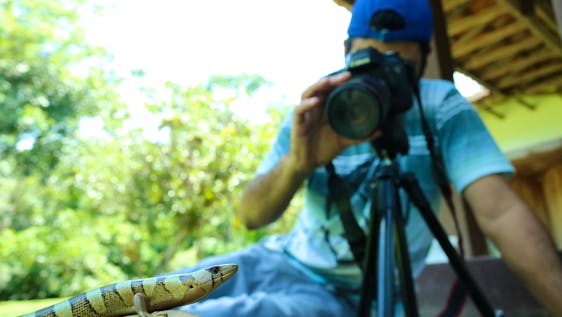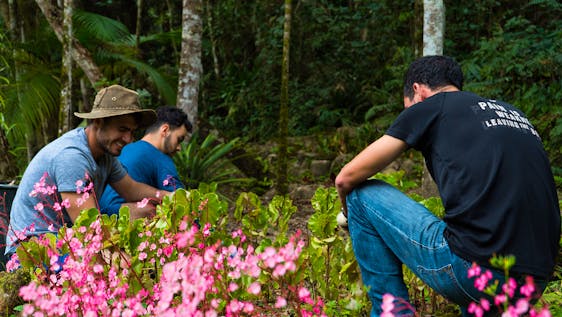
4.7
Brilliant
38
Bewertungen
6
Years in business
FreeWildlifeBrazil Celine
von Volunteer World verifiziert

4.7
Brilliant
38
Bewertungen
6
Years in business
FreeWildlifeBrazil Celine is non-profit organisation, which fights for illegally captured wildlife to have a second chance to live free in their natural environment.
Our History:
FreeWildlifeBrazil Celine is an non-profit organisation which was founded by the couple Martine Schmid-Fiorini and Pedro Schmid, both Swiss veterinarians, who worried about the fate of the wild animals coming from the illegal traffic and seized by local authorities. In an ...
Kontaktperson
Imran Viroomal
Gute Antwortrate
FreeWildlifeBrazil Celine Bewertungen
Lucas Baumann
 5,0
5,0
This has been an incredible experience that will always stay with me! I did not want to to leave, and wish I had stayed longer! The staff is amazing, they are kind , knowledgeable, and passionate and they try their very best to give volunteers a great ...
Baptiste Merceron
 5,0
5,0
this reserve is just beautiful, the staff is great, the activities are amazing.
For those who love nature and want to study biology, make it an incredible ...
Julia Speier
 4,6
4,6
After staying here for four months, I would highly recommend this program to any nature-lover, as during the program you are constantly in contact with the astounding amount of biodiversity the Atlantic rainforest offers, and not just during working as a volunteer, but pretty much 24/7, as that you ...
Lily Unger
 5,0
5,0
After finishing my masters in Aquatic Science I knew I wanted to work in Conservation. However, after applying for a few jobs in the Conservation Sector I realised my CV had some key skills missing for me to succeed. That’s why I signed up to be an Eco-Volunteer at the Betary Reserve and it has ...
Mariel
 5,0
5,0
Volunteering for IPBio is something I could not have imagined. And I mean that in all the best ways. The welcome was warm and informative at the same time and my six-week-stay in the volunteer house couldn't have been better. During the day I was working as a video producer, putting my editing ...
Lloyd Vines
 5,0
5,0
When recalling my experience at The Betary Reserve, I can’t help but smile so big. The time spent trekking through the North Atlantic Forrest collecting data on its diverse wildlife and plant life were some of the best memories I have. Its truly a hands on experience. If you like to get out into ...
